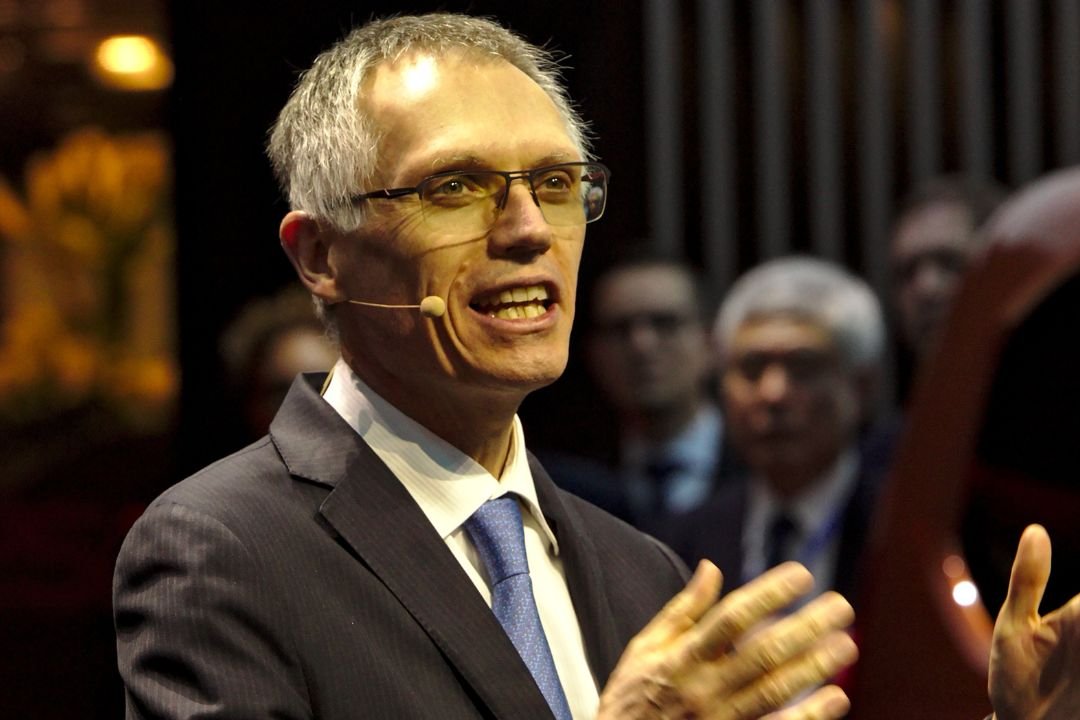Volkswagen, a prominent player in Europe’s automotive industry, has reiterated its revenue and margin objectives for 2024 despite experiencing a 20% decrease in first-quarter operating profit due to reduced sales and higher expenses. This decline comes as the company gears up for the launch of several new vehicle models.
Notably, Volkswagen’s luxury brand Porsche witnessed a 14.8% decrease in operating margin, primarily attributed to increased investments in model upgrades and a dip in demand for premium cars in the Chinese market. Furthermore, delivery disruptions at the luxury Audi brand also contributed to the overall decrease in company earnings.
Despite facing stiff competition and a pricing battle with local electric vehicle manufacturers in China, Volkswagen aims to maintain its market share in the country until 2030, emphasizing significant investments to support sales growth.
Additionally, Volkswagen highlighted that its order backlog remains steady compared to the end of 2023, with orders for fully electric vehicles more than doubling in the first quarter compared to the same period last year.
Arno Antlitz, CFO and COO of the Volkswagen Group, commented on the company’s performance, stating, “As expected, our first quarter results show a slow start to the year. We remain confident of achieving our financial targets for 2024. A strong March, the solid order bank and the improving order intake in the past months are encouraging and should already have a positive impact in the second quarter. We expect additional momentum over the course of the year from the launch of more than 30 new models across all brands”.
Looking ahead, Volkswagen forecasts a sales revenue increase of up to 5% in 2024, alongside a full-year operating profit margin ranging between 7% and 7.5%. While the company experienced a 2% decline in sales during the first quarter, with growth in Asia-Pacific and South America offset by declines in Europe and North America, deliveries of Volkswagen’s more affordable vehicles, including Volkswagen, Skoda, and Seat cars, saw an increase. However, deliveries of higher-priced Porsche and Audi models declined.
Rising fixed costs also impacted Volkswagen’s financial performance, with the company reporting a net profit of 3.7 billion euros from January to March on sales of 75.5 billion euros.
Following the release of the financial results, Volkswagen’s shares experienced a 2% decline on the Frankfurt Stock Exchange. Meanwhile, US-European rival Stellantis reported a significant drop in first-quarter sales, with sales decreasing by 12% to 41.7 billion euros.










